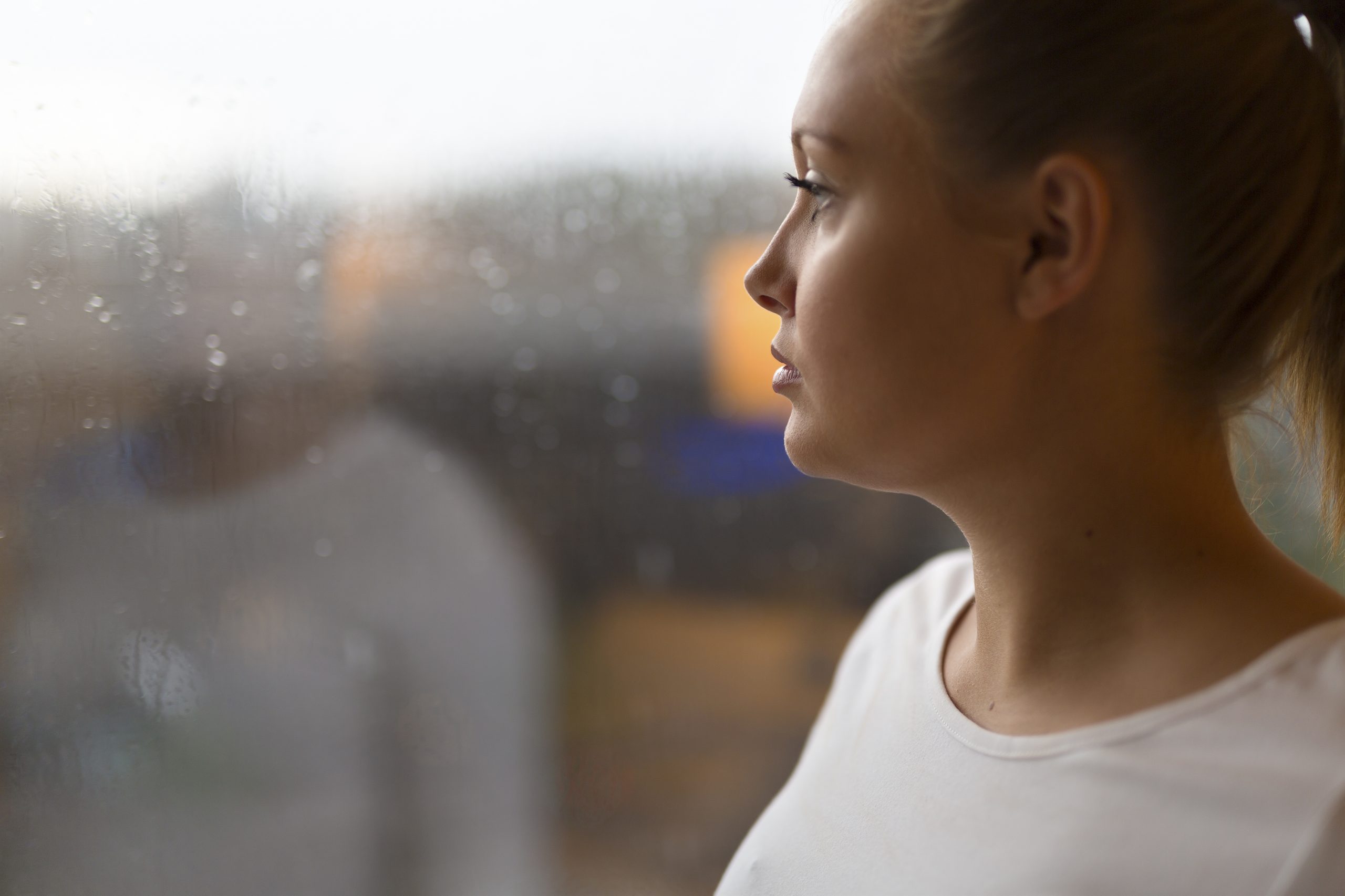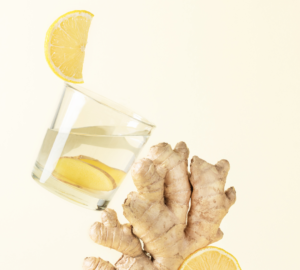This global pandemic has challenged us in ways that we have not been challenged before. We have had to change the manner in which we do the most basic of things. Many of us are also feeling the added financial strain. We may have been planning and looking forward to a wedding, graduation, an important birthday, or a much-needed vacation and are now needing to postpone and reorganize. The uncertainty and disappointment can add even more stress to an already difficult situation. Being away from family and friends and prolonged isolation can also take its toll. Recognizing what we can and cannot control and focusing on what we can control is important in reducing anxiety. Although feeling anxious, stressed and overwhelmed is a normal reaction, it is more important than ever to work on our physical as well as our mental well-being.
As most of us are spending the majority of our time in our homes, this is the time to establish new routines and cultivate habits where we can feel more in control of our well-being. The following are ways that can reduce stress, anxiety and help us stay mentally and physically healthy:
Set Limits on Media Consumption
While it’s very important to stay informed from reputable sources, setting limits on how much we read about the pandemic (including on social media), can help reduce anxiety.
Working from Home
Working from home may have blurred the work and home boundaries. If possible, set up a physical workspace to separate yourself, having certain hours where you are working and taking periodic breaks. However, be easy on yourself and if you need a mental break, take it, it’s okay.
Finding Ways to Safely Exercise at Home
One of the best ways to reduce stress and have a clear mind is through physical activity. Many of us temporarily cannot participate in our regular exercise routines and need to find ways that we can stay active at home. There are many free, online exercise videos for all levels. These include everything from yoga, boot camps and several other options.
Enjoying Nutritious Meals
Consuming nutritious food is important in order for us to stay healthy and as strong as possible in this health crisis. It’s also a very important aspect of self-care. Healthy food tastes great and your body will appreciate it! Trying new recipes or making up your own using ingredients that you have on hand can be a creative outlet.
Meditation
Meditation has helped countless people feel calmer, more relaxed and better equipped to deal with life’s challenges. The great thing about meditation is that one can reap the benefits by only devoting 15-20 minutes per day. There are many free, online resources where one can learn to meditate.
Getting Enough Sleep
Getting enough sleep is also very important in helping us deal with stressful situations and for our physical and mental well-being. Reducing your caffeine intake and reading something pleasurable (rather than stress-inducing) before bed can be beneficial, as well as practicing meditation.
Start Something That You Have Not Had Time for Until Now
Read that book you have been wanting to read, watch a great movie, listen to music that you love, work on that crazy-difficult puzzle you set aside for the right time, try new recipes, work in your garden, etc. It should be something that you enjoy and can look forward to. If possible, set this very important time aside on a daily basis.
Stay Connected with Your Family and Friends
We may not be able to see our loved ones face-to-face at the present time, but it’s more important than ever to stay connected with them. Regularly speaking with family and friends is extremely important to our mental health. We can stay socially connected by phone, video calls, etc. This can be healing and help reduce anxiety.
Having our daily lives as well as important events disrupted is not easy. Practicing self-care has become necessary for us to feel our best and to help us navigate planning upcoming life events.




